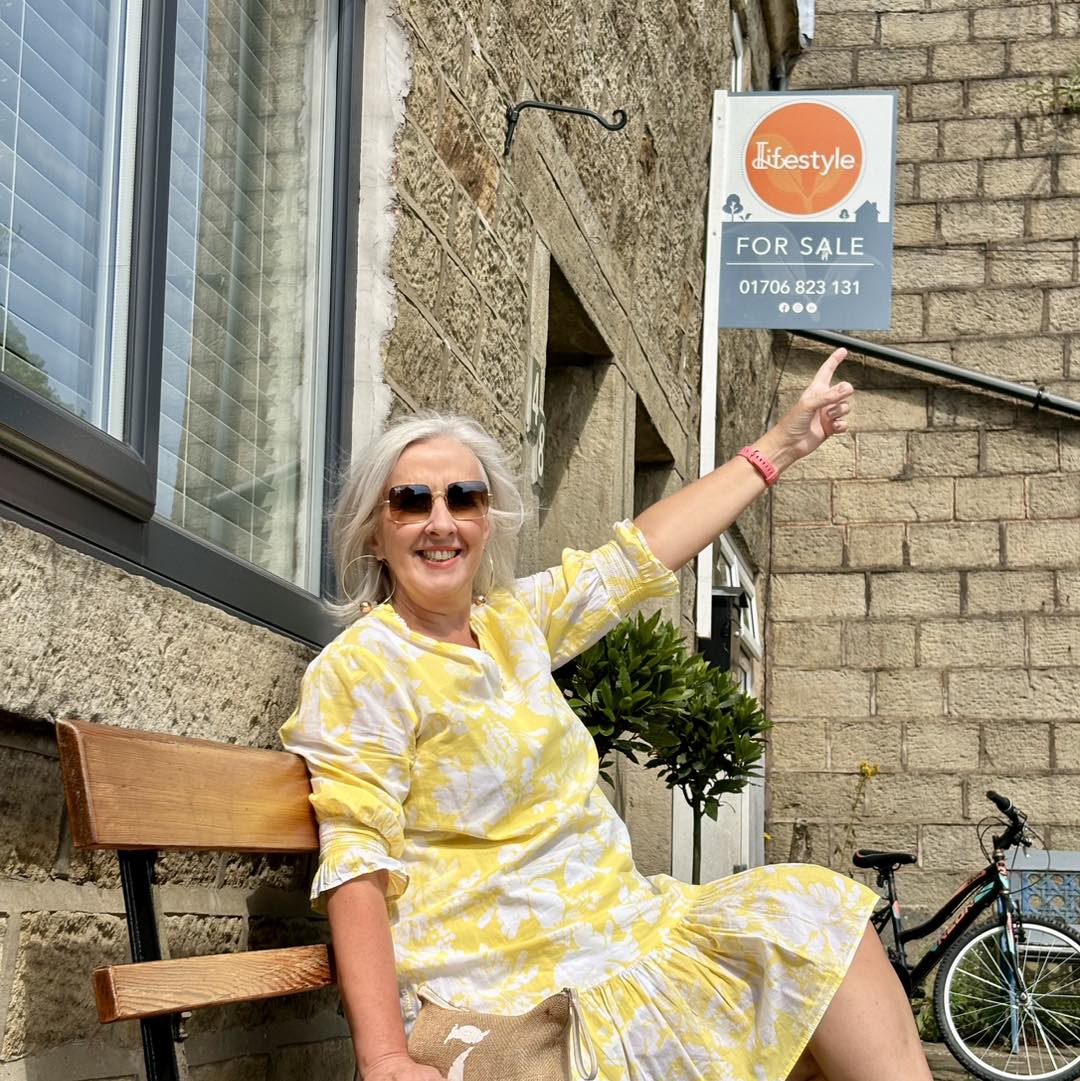What You Need to Know
Deposit
This is the contribution you have to make towards purchasing a property. The more money you have to put towards the purchase of a property, the more favourable the mortgage rate.
Thankfully there are mortgage providers out there who will consider as little as £5000, 5% or even no deposit at all.
How much can you borrow?
This depends on your salary/salaries (joint mortgage), committed expenditure i.e. loans and credit cards and whether you have any dependants such as children. It’s good to think about what amount you would be comfortable paying each month, remembering to factor in the other running costs of your home
Why do I need a conveyancer (solicitor)?
A conveyancer is a legal professional who specialises in the transfer of property ownership from one person or entity to another. This process is known as conveyancing, and it involves handling the legal and administrative work required for buying or selling property including collecting and transferring the money for the property purchase, including paying Stamp Duty Land Tax
Stamp duty
this is type of tax associated with purchasing property. The higher the property price the more tax is due. First Time Buyers currently get a relief.
(Stamp duty rates and thresholds can change)
Fees
There a number of fees payable when buying a property, your mortgage broker will run through all expected fees.
Valuation
The estate agent will advertise a property at a price using their experience and knowledge of surrounding properties. However the mortgage lender will still want to carry out a valuation to assess that they will get their money back when the property is sold.
How long to complete on your purchase
This can take anything between three and six months.
